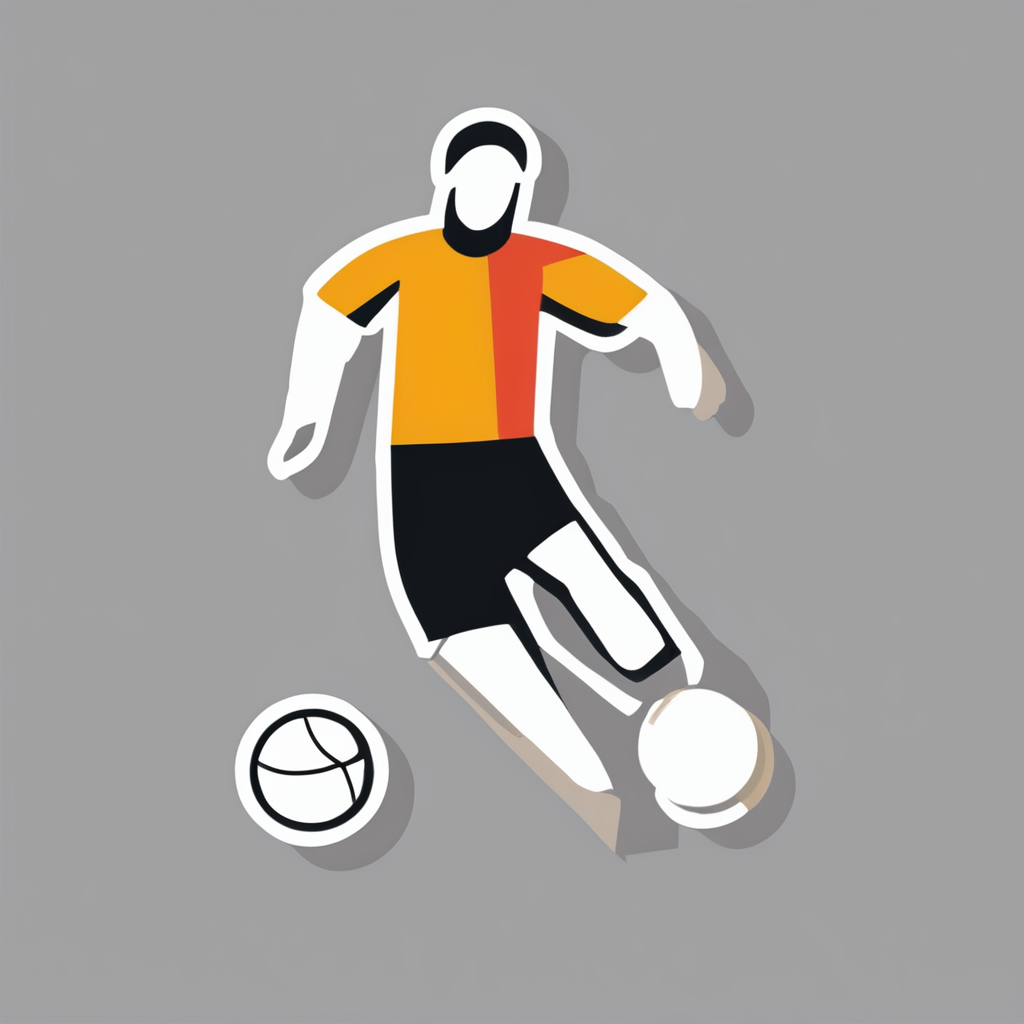Understanding Alternative Sports in the UK
Alternative sports definition revolves around activities that differ from traditional, mainstream sports like football or cricket. These sports often emphasize creativity, individual expression, and community culture. Examples of alternative sports UK residents enjoy include parkour, ultimate frisbee, skateboarding, and roller derby. Each of these activities offers a unique experience distinct from conventional sports.
In the UK, alternative sports demographics are notably diverse, appealing to younger generations increasingly seeking non-traditional physical activities. Participation tends to be higher among urban dwellers who value flexibility and inclusivity in sport. The rise in participation reflects shifting social trends favoring adventure, self-expression, and unconventional competition formats.
Also to discover : What innovative training methods are used in UK niche sports?
Alternative sports not only provide physical benefits but also foster social connection and mental well-being, making them attractive to people of varied backgrounds and skill levels. Understanding the appeal and demographic patterns of alternative sports helps explain why they are becoming an integral part of the UK’s vibrant sporting landscape. This shift challenges traditional perceptions and encourages wider acceptance of diverse sporting pursuits.
Mental Health Challenges in the UK
Understanding mental health UK trends is crucial, as the country faces significant challenges across all age groups. Recent mental well-being statistics reveal that anxiety and depression are among the most common conditions, affecting millions. Young people and adults alike experience rising UK stress and anxiety rates, driven by pressures such as job insecurity, social isolation, and financial difficulties.
Also read : How Do Alternative Sports in the UK Influence Health and Wellbeing?
For instance, surveys indicate that young adults report higher levels of anxiety compared to older populations, highlighting how age-specific stressors affect mental health. Additionally, societal factors like the ongoing pandemic, economic uncertainty, and the fast pace of modern life exacerbate these issues, undermining overall mental well-being.
Proactive mental health strategies are essential to address these challenges. Initiatives focusing on early intervention, workplace support, and community resources can reduce the strain on public services and improve long-term outcomes. Encouraging open conversations and destigmatizing mental health concerns fosters resilience and enhances recovery. Recognizing these complexities in the mental health UK landscape lays the groundwork for better support systems nationwide.
Benefits of Alternative Sports for Mental Well-Being
Engaging in alternative sports offers significant mental health benefits, particularly in stress reduction. These activities often require concentration and physical effort that help divert the mind from daily worries, fostering a calming psychological effect. In the UK, many find that alternative sports promote a natural way to unwind and reduce anxiety by channeling energy into enjoyable, challenging experiences.
Participation in alternative sports can also boost self-esteem and confidence. As individuals master new skills or achieve personal goals, they experience a sense of accomplishment that enhances their psychological well-being. This positive feedback loop motivates continued involvement and personal growth.
Moreover, alternative sports encourage mindfulness and resilience. Practising focus during dynamic activities cultivates an ability to remain present—helpful beyond sport settings. Overcoming challenges in these sports builds mental toughness, equipping participants with coping mechanisms for stress and adversity.
Overall, the mental health benefits of alternative sports combine physical movement with psychological growth, making them valuable tools for improving well-being and managing stress effectively.
Social Inclusion and Community in Alternative Sports
Alternative sports play a crucial role in promoting social inclusion and building strong, supportive networks within communities. In the UK, community sports programs centered around less traditional activities—like skateboarding, parkour, and ultimate frisbee—offer welcoming spaces where individuals from diverse backgrounds can connect and engage.
These UK community sports initiatives focus on creating inclusive environments that accommodate varying skill levels, ages, and abilities. For example, local skate parks frequently organize workshops and beginner sessions to encourage participation from people who might otherwise feel excluded. Such inclusive practices not only lower barriers to entry but also help foster a sense of belonging among participants.
The positive impact of these alternative sports on reducing loneliness is especially significant. For individuals struggling with isolation, social inclusion in alternative sports communities provides meaningful interaction and shared purpose. This engagement combats feelings of loneliness by encouraging teamwork, mutual support, and the formation of lasting friendships.
By offering accessible and engaging opportunities, social inclusion through alternative sports facilitates more connected and resilient communities across the UK.
Expert Insights and Real-Life Examples
Mental health experts increasingly recognize the positive effects of alternative sports on emotional and psychological well-being. According to various UK case studies, engaging in activities like skateboarding, climbing, or parkour has been linked to reduced anxiety and depression. For example, a 2022 report highlighted that regular participation in these sports improved participants’ mood and social connections, crucial factors for mental health recovery.
UK mental health professionals emphasize the role of alternative sports in offering inclusive and non-competitive environments. Dr. Sarah Jenkins, a clinical psychologist, notes, “Alternative sports provide a sense of achievement and community, which are vital for mental health.” Such expert opinions underline the therapeutic potential of these activities beyond traditional exercise.
Participants themselves share powerful testimonials. Jake, a 28-year-old Londoner, credits skateboarding for improving his confidence and reducing stress: “It gave me purpose and a supportive network when I felt isolated.” These real-life experiences demonstrate how alternative sports can foster resilience, social bonds, and well-being, highlighting their growing significance as tools for mental health improvement across the UK.
